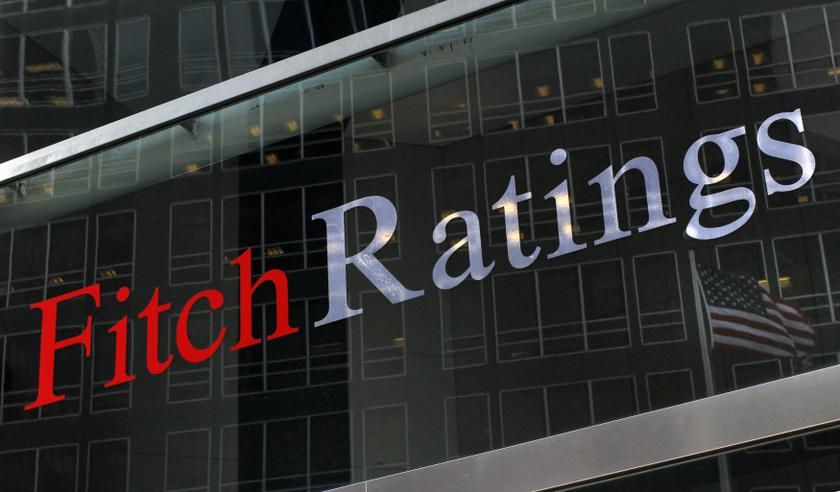KUALA LUMPUR, June 8 — Datuk Seri Abdul Wahid Omar confirmed meeting with ratings firm Fitch over its negative outlook for Malaysia’s sovereign rating, but stopped short of saying if this swayed the firm’s assessment of the country.
The Minister in the Prime Minister’s Department also pointed out that two other competing ratings agencies — Moodys and Standard & Poor’s — considered Malaysia’s credit to be stable.
“Fitch has a negative outlook. We had the benefit of meeting the Fitch analyst last week so we leave it to them to decide the next course of action but on our part, we’ve had a meeting with them,” he said.
The minister was speaking to reporters on the sidelines of a forum examining the recently-tabled 11th Malaysia Plan.
Fitch told Bloomberg in March that Malaysia’s credit rating is “more than 50 per cent likely” to be downgraded as its trade balance worsened and a state investment company struggled to meet its debt obligations.
The Southeast Asian nation would “sit more naturally in the BBB range,” Andrew Colquhoun, head of Asia Pacific sovereign ratings, said in an interview in Singapore on March 18.
Malaysia is rated A- by Fitch, the fourth-lowest investment grade, and two steps above BBB.
Moody’s said on May 27, however, that 1MDB will not affect Malaysia’s credit rating as the state-owned fund currently does not pose risks to the country’s financial systems.
Moody’s vice-president and senior analyst Christian de Guzman said while the political ramifications of 1MDB are “a little more serious” than expected, there seemed to be no change to fiscal policies at the moment.
Moody’s maintained Malaysia’s A3 rating, which means it is rated as upper-medium grade and low credit risk, as well as its positive outlook.
This comes amid the ringgit’s weakest showing in nine years against the US dollar, the Wall Street Journal reported today, mainly due to a heavily indebted state investment fund and a surging greenback that hit emerging-market currencies.
The WSJ reported that the ringgit fell by over 1 per cent, adding to its 7 per cent loss so far this year.
1MDB was incorporated in 2009, after the prime minister announced the decision to turn the Terengganu Investment Authority state fund into a federal agency.
Since then, 1MDB has been dogged by negative publicity over its finances and debt, and most recently cash flow problems over the repayment of a RM42 billion loan.



















